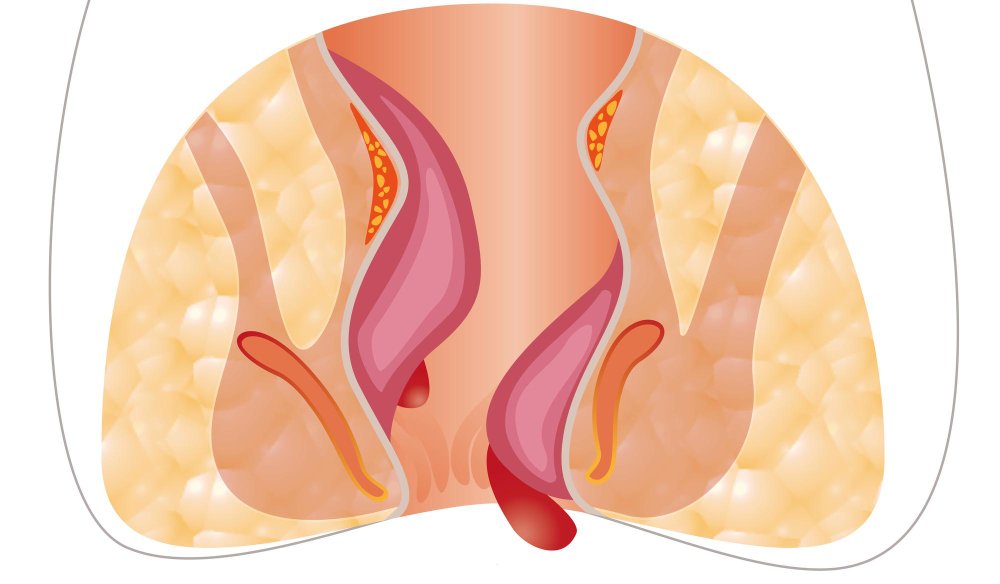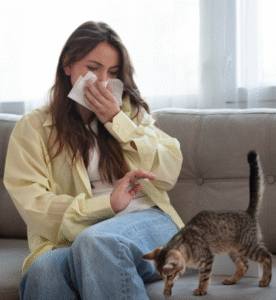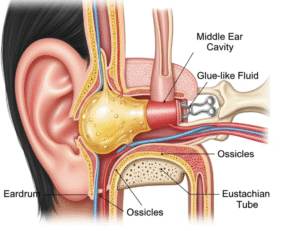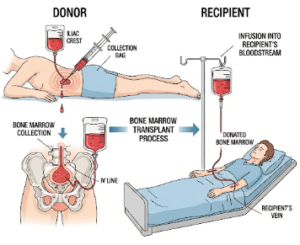Overview
Genital warts are a common sexually transmitted infection (STI) caused by certain strains of the human papillomavirus (HPV). They appear as small growths or bumps in the genital or anal area and can affect both men and women. While typically benign, genital warts are highly contagious and can cause emotional distress and physical discomfort. Early diagnosis and treatment help control spread and manage symptoms effectively.
What is Genital Warts?
Genital warts are soft, flesh-colored or gray growths that appear in the genital, anal, or groin regions. They are caused primarily by HPV types 6 and 11, which are considered low-risk types that do not usually cause cancer. These warts can be flat or raised, singular or clustered like a cauliflower. They may be difficult to see, especially if located inside the vagina, cervix, or rectum.
Symptoms
Genital warts may cause no symptoms at all, especially when small. However, typical signs include:
- Small, flesh-colored or pink growths in the genital or anal area
- Clusters of warts resembling cauliflower
- Itching, burning, or discomfort
- Bleeding during intercourse (in some cases)
- Vaginal discharge or pain (for women with internal warts)
- Blockage of the urethra in severe cases
Causes
Genital warts are caused by infection with the human papillomavirus (HPV), specifically types 6 and 11. The virus is transmitted through sexual contact, including vaginal, anal, and oral sex. It can also spread through skin-to-skin contact, even if warts are not visible. Once infected, the virus may remain dormant and manifest weeks or months later.
Risk Factors
Risk factors that increase the likelihood of developing genital warts include:
- Unprotected sex
- Multiple sexual partners
- Early onset of sexual activity
- Having another STI
- Weakened immune system (e.g., from HIV or immunosuppressive therapy)
- Lack of HPV vaccination
Complications
Although genital warts are not life-threatening, they can cause several complications:
- Emotional stress or embarrassment
- Discomfort during sexual activity
- Spread to sexual partners
- Recurrence, even after treatment
- In pregnant women, warts may grow larger and complicate delivery
- Rarely, large untreated warts may obstruct the urethra or anus
- HPV types associated with genital warts (6 and 11) are not linked to cancer, but co-infection with high-risk HPV types can occur
Prevention
Prevention of genital warts is closely tied to safe sexual practices and vaccination:
- HPV vaccination (such as Gardasil 9) before the onset of sexual activity
- Consistent condom use, though not fully protective against HPV
- Limiting the number of sexual partners
- Regular STI screenings
- Avoiding sexual contact with someone who has visible warts
Treatment Options in Korea
South Korea provides discreet and effective medical care for genital warts in both public and private healthcare settings. Available treatments include:
- Topical medications like imiquimod, podophyllotoxin, and trichloroacetic acid
- Cryotherapy – freezing the warts with liquid nitrogen
- Electrosurgery or laser removal – especially for larger or internal warts
- Surgical excision – under local anesthesia for stubborn cases
- CO₂ laser ablation – offered at advanced dermatology and gynecology clinics
- Confidential STI care – provided at urology, gynecology, and sexual health clinics with privacy and professionalism
- HPV vaccination services – widely available at hospitals and clinics for both men and women
Korean clinics and hospitals emphasize confidentiality, modern technology, and high patient satisfaction in treating genital warts.













